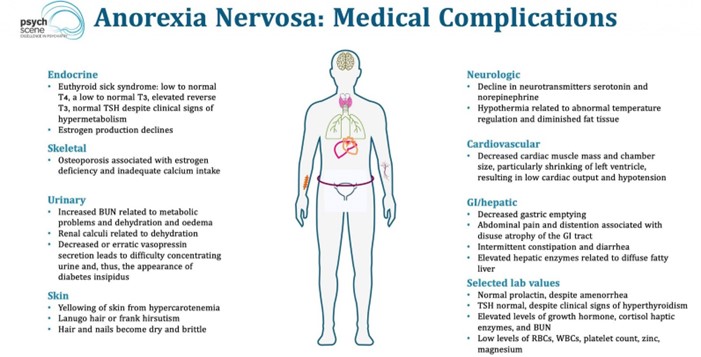Which individual with a mental illness may need emergency involuntary hospitalization for mental illness?
The individual who:
Select one:
want to hurt a neighbor due to command hallucinations.
reports hearing angels playing harps during storms.
resumes using heroin every day while still taking treatment with methadone.
does not show up for a very important appointment in the Mental health clinic
The Correct Answer is A
Involuntary hospitalization for mental illness is typically reserved for situations where an individual poses an immediate danger to themselves or others due to a severe mental illness. In option A, the individual is experiencing command hallucinations, which are often a symptom of a severe mental illness such as schizophrenia. The fact that they want to hurt their neighbor is a clear indication that they pose a danger to others and require emergency intervention.
Option B may indicate a mental illness such as schizophrenia or bipolar disorder, but it does not necessarily pose an immediate danger to the individual or others.
Option C may indicate a relapse in addiction, but again, it does not necessarily pose an immediate danger to the individual or others.
Option D may indicate a need for follow-up and intervention, but it does not indicate an immediate danger to the individual or others.
Nursing Test Bank
Naxlex Comprehensive Predictor Exams
Related Questions
Correct Answer is D
Explanation
In this scenario, the client has expressed a serious threat to harm someone, which triggers a healthcare provider's duty to warn law. The nurse appropriately informed the healthcare provider, who then informed their boss, to protect the potential victim from harm. This action is not a violation of privacy or confidentiality, as it is necessary for the safety and wellbeing of others.
Therefore, no disciplinary action is required for the nurse or the healthcare provider, as they acted in accordance with their professional and legal obligations to protect the safety of others.
Correct Answer is D
Explanation
Refeeding syndrome is a potentially life-threatening complication that can occur when a person with anorexia nervosa or other forms of malnutrition begins to eat again after a period of starvation. It is characterized by electrolyte imbalances and fluid shifts that can lead to cardiovascular dysfunction, including heart failure and arrhythmias. Therefore, when caring for a patient with anorexia nervosa who is being refed, it is important for the nurse to closely monitor the patient’s cardiovascular system for signs of dysfunction.
Option a. Endocrine system dysfunction can occur in patients with anorexia nervosa, but it is not typically associated with refeeding syndrome.
Option b. Respiratory system dysfunction can occur in patients with anorexia nervosa, but it is not typically associated with refeeding syndrome.
Option c. Musculoskeletal system dysfunction can occur in patients with anorexia nervosa, but it is not typically associated with refeeding syndrome.

Whether you are a student looking to ace your exams or a practicing nurse seeking to enhance your expertise , our nursing education contents will empower you with the confidence and competence to make a difference in the lives of patients and become a respected leader in the healthcare field.
Visit Naxlex, invest in your future and unlock endless possibilities with our unparalleled nursing education contents today
Report Wrong Answer on the Current Question
Do you disagree with the answer? If yes, what is your expected answer? Explain.
Kindly be descriptive with the issue you are facing.
